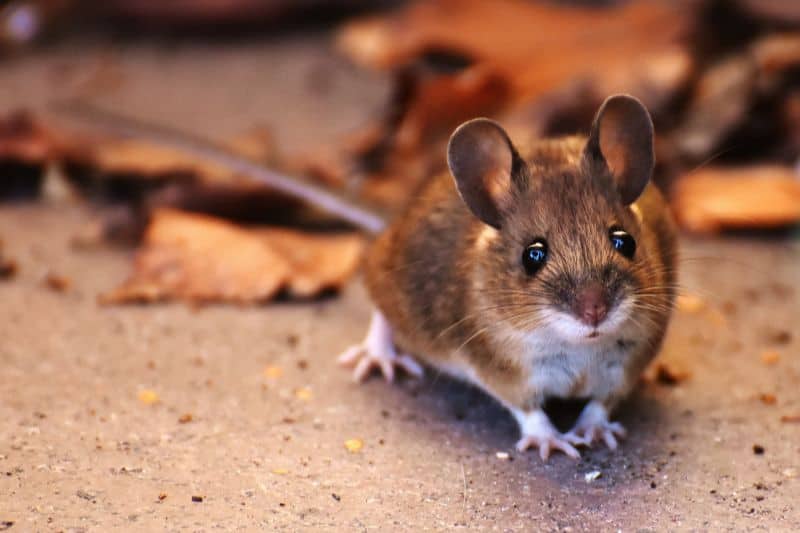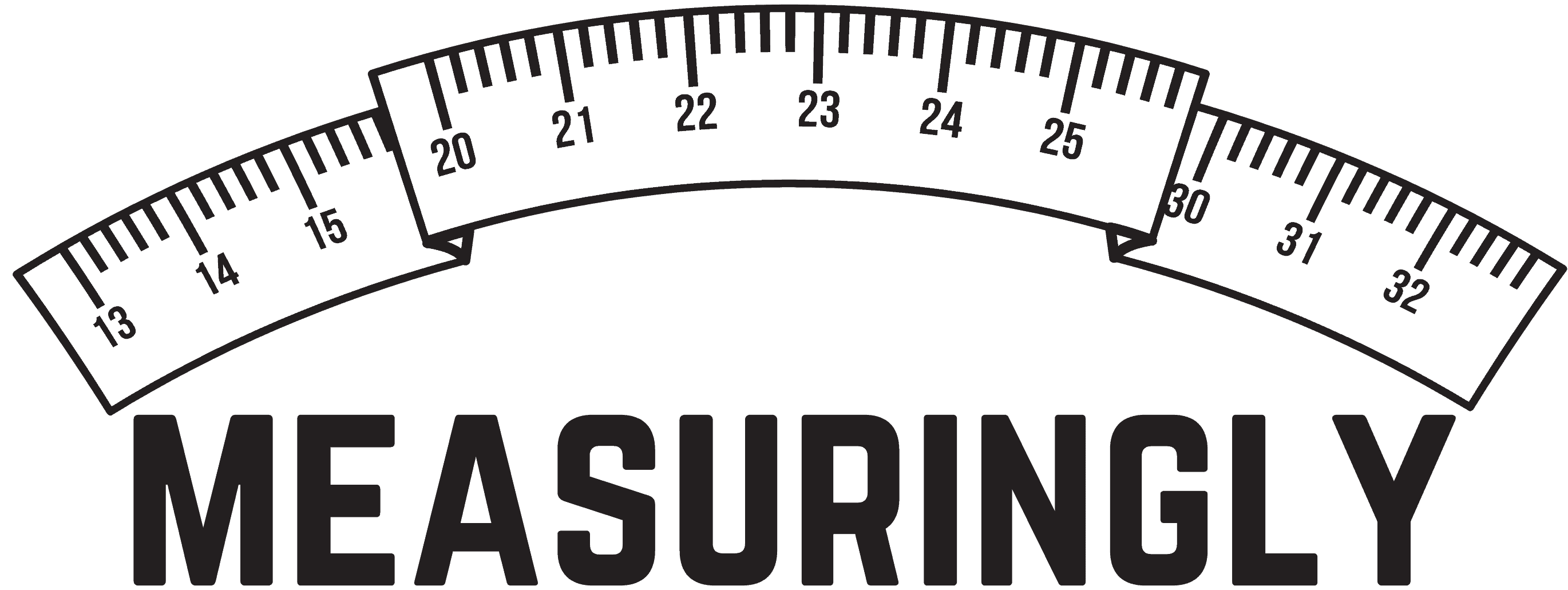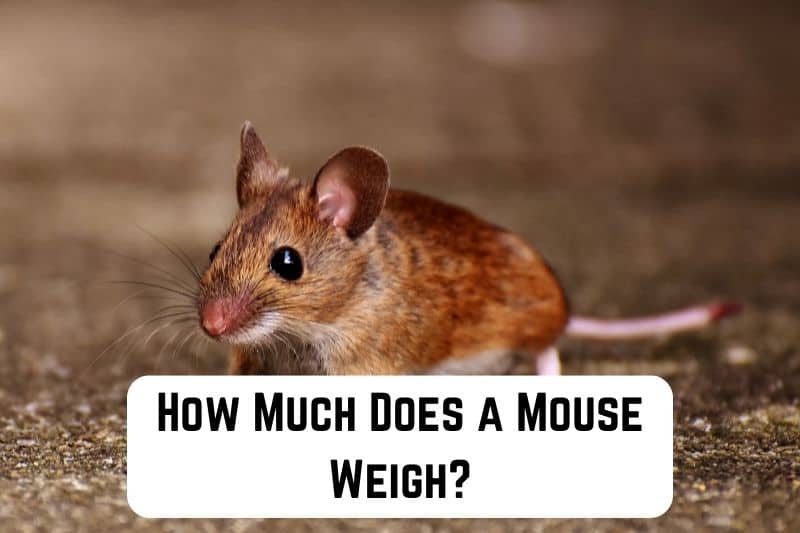When it comes to the fascinating world of mice, you might be curious about these tiny creatures’ weights. Weight can vary quite a bit according to size, age, and species. In this article, you’ll discover the average weight of a mouse and understand what makes them diverse.
As a favorite snack for some predators, a mouse’s weight could determine its survival in the wild. Furthermore, mice are popular subjects of scientific studies, with their weight playing an important role in providing accurate data.
To dive into the topic, let’s explore different mouse species, from the common house mouse to fancy mice, and discover how their weights can vary.
Read: How Much Does a Nickel Weigh? (Facts and Figures)
A mouse’s weight can vary depending on its species, age, and gender. You’ll find that most common house mice typically weigh between 0.5 to 1 ounce (around 12 to 30 grams).
Mouse Weighing Basics
What is a Mouse?
Mice are small rodents that fall under the scientific classification of the genus Mus. They are commonly found in many parts of the world and are well-known for their small size, round ears, and long tails. You might often hear people referring to mice when discussing household pests or as research subjects for scientific experiments.
General Mouse Weight
The weight of a mouse can vary due to factors such as age, sex, and species. Generally, a typical adult house mouse weighs between 12 and 30 grams (0.4 to 1.1 ounces).
To provide a better understanding, the weight of different objects can be compared to the weight of a mouse:
- Similar to a mouse: A typical U.S. nickel coin weighs about 5 grams, so a few nickels would have a similar weight to the lightest mouse.
- Lighter than a mouse: A paperclip weighs about 1 gram, which is lighter than most mice.
- Heavier than a mouse: A golf ball weighs about 45 grams, which is heavier than the average mouse.
It’s essential to remember that these weights are approximate, and individual mice can weigh more or less based on age, environment, and overall health.

How Much Does a Mouse Weigh?
A mouse’s weight can vary depending on its species, age, and gender. You’ll find that most common house mice typically weigh between 12 and 30 grams (0.4 to 1.1 ounces). However, you might encounter some variation if you venture into the wild or explore other mouse species.
For example, deer mice (Peromyscus maniculatus) usually weigh slightly less, with an average weight of about 0.5 ounces (14 to 20 grams). On the other hand, field mice or wood mice (Apodemus sylvaticus) can grow a bit larger, weighing between 0.7 to 1.4 ounces (20 to 40 grams) on average.
It’s important to remember that the age of a mouse also plays a significant role in its weight. Like other animals, young mice are smaller and lighter than their adult counterparts.
If you’re observing a newborn mouse, you might be surprised that it weighs a mere 0.02 to 0.04 ounces (0.6 to 1.1 grams). As the mouse grows and matures, its weight will increase accordingly.
Gender can also affect a mouse’s weight. Generally, you’ll find that female mice are slightly lighter than their male peers. This difference is usually more pronounced in wild mice compared to house mice.
Below is a table of common mouse species, with their approximate average weights:
| Species | Average Weight |
|---|---|
| Newborn mice | 0.6 – 1.1 grams (0.02 – 0.04 ounces) |
| House mouse | 12-30 grams (0.4 – 1.05 ounces) |
| Wood/Field mouse | 14-40 grams (0.5 – 1.4 ounces) |
| White-footed mouse | 20-30 grams (.70 – 1.05 ounces) |
| Deer mouse | 15-32 grams (0.52 – 1.12 ounces) |
Factors Affecting Mouse Weight
Variation by Species
There are many different species of mice, and their weight can vary significantly depending on their type. For example:
- House Mouse: A common house mouse can weigh between 12 and 30 grams.
- Deer Mouse: Deer mice are slightly heavier and can range from 12 to 45 grams.
- Field Mouse: These mice typically weigh between 20 and 40 grams.
Different species have different sizes and body types, which can contribute to their overall weight. Aside from species, other factors can also influence a mouse’s weight.
With Age and Health Factors
As you might expect, a mouse’s weight can be affected by its age:
- Newborns: Newborn mice are tiny and light, weighing around 1 to 2 grams.
- Juveniles: As mice grow, their weight increases. Juvenile mice typically weigh between 5 and 20 grams, depending on their species.
- Adults: Adult mice reach their full weight, which can vary greatly depending on their species, as previously mentioned.
Health factors can also influence the weight of a mouse. For instance:
- Nutrition: The availability and quality of food affect a mouse’s weight. Mice living in the wild might have a harder time finding food, while mice in captivity often have a steady food supply.
- Activity Levels: More active Mice tend to be leaner and lighter, while those that are less active might be heavier.
- Health Issues: Mice can succumb to various health problems impacting their weight. Illnesses, such as obesity or parasite infestations, can result in mice being over or underweight.
Considering these factors, it’s easy to see why a mouse’s weight can fluctuate considerably, even within the same species.
Comparisons and Context
Compared to Other Small Mammals
When considering the weight of a mouse, it’s helpful to compare it to other small mammals. This can give you a better understanding of where they stand in the animal kingdom. The average house mouse (Mus musculus) weighs between 12 to 45 grams, depending on its age, size, and gender.
Here’s a comparison with some other small mammals:
- Hamster: 30 to 120 grams
- Gerbil: 60 to 130 grams
- Rat: 350 to 450 grams
- Squirrel: 200 to 250 grams
As you can see, mice are lighter than many other small mammals, making them more agile and quicker in certain situations.
Anecdotal Human Comparisons
To give you another perspective, let’s compare the weight of a mouse to some everyday human objects:
So imagine holding a AAA battery or a thin slice of bread in your hand; that’s approximately the weight of an average mouse. By comparing the weight of a mouse to familiar objects, you can better grasp their size and adaptability in various environments.

Implications and Significance
Importance in Scientific Research
Understanding the weight of a mouse is crucial in scientific research. When administering drugs or treatments in experiments, researchers must calculate the proper dosages based on the mouse’s weight. This ensures the accuracy and effectiveness of the results.
Additionally, measuring a mouse’s weight can be a useful indicator for evaluating its overall health, particularly in genetic studies and nutritional research.
Read: How Much Does a Watermelon Weigh? (Small, Medium & Large)
In most cases, adult mice weigh between 25 and 45 grams, but their weight varies depending on the species, age, and sex. For instance, laboratory mice typically weigh 25 to 40 grams, making comparing their weights and health conditions easier.
Implications for Pet Owners
As a pet owner, being aware of your mouse’s average weight can help you monitor its health and detect potential issues. A sudden or gradual change in weight can indicate underlying health concerns such as stress, malnutrition, or illness.
To maintain your pet mouse’s health, provide a balanced diet with adequate nutrients and an appropriate living environment. Clean and spacious habitats can help prevent obesity and stress-induced weight loss. Routinely weighing your mouse assists in monitoring its growth and health over time.
Remember to consult with your veterinarian for any concerns regarding your pet mouse’s weight, as professional advice can help diagnose potential health issues and recommend appropriate treatments.







